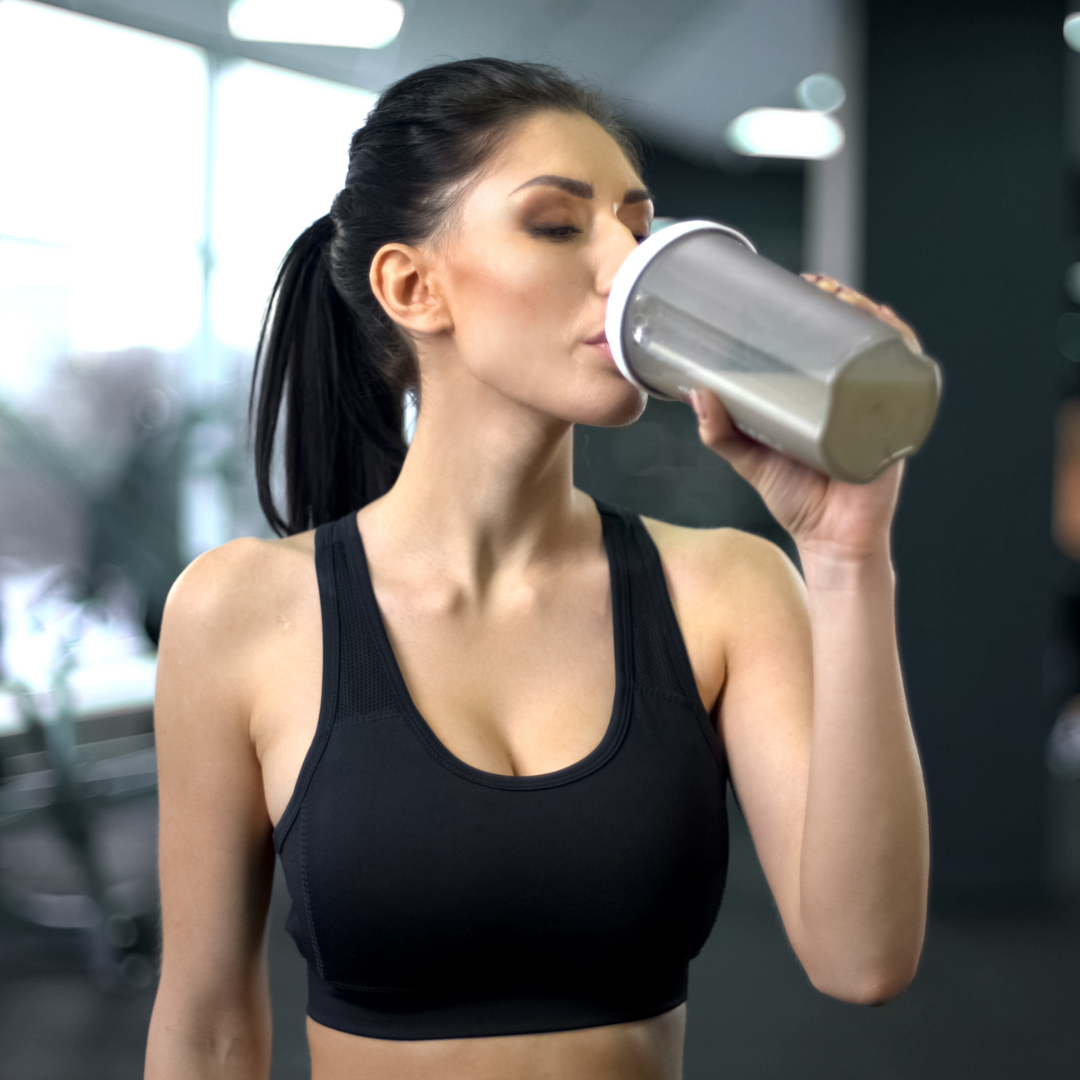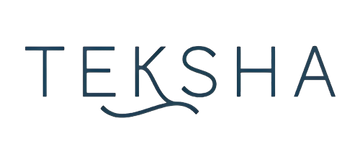Fuel Your Workout: What to Eat for Peak Performance

Achieving top performance in your workouts links to both training and what you eat. This guide explores how to eat right for your exercise. It talks about the best food and when to eat it for increased results. By knowing this, you can boost your sports skills and recover faster. Balanced meals before and after workouts are key. And don't forget, drinking enough water is vital. It keeps your energy up and fights tiredness.
Following these nutrition tips will make sure your body is ready for action. Know the right foods to eat for your exercise plan. Discover new foods that will power up your training. The right choices will help you meet your fitness aims. So, find out which energy-packed foods are best for your workout diet!
The Importance of Pre-Workout Nutrition
Having the right food before you work out is key. It makes sure your body is ready. This helps you perform better and keeps your muscles in great shape. Eating well before you exercise can boost your performance and lower the risk of muscle damage.
Carbohydrates for Energy
Carbs are crucial. They turn into energy that fuels your body during workouts. It's best to eat a mix of fast and slow carbs, like fruit and oats, a few hours before. This keeps your energy at its peak for intense activities.
Eating lots of carbs for 1 to 7 days before a big event can really fill up your energy stores. This makes you last longer and perform better. Research shows that eating enough carbs also helps your body use more energy during exercise.
Protein for Muscle Synthesis
Protein before you work out is important. It helps your muscles grow and get stronger. Drinking 25 grams of whey protein before you exercise is better than taking nothing. This helps repair your muscles after working out, which is great for getting stronger and bigger muscles.
The Role of Fats
Fats are key for longer, moderate exercises. In endurance sports, nuts, seeds, and oily fish are good choices. These healthy fats work as long-lasting energy. They help you keep going during long activities, alongside carbs.
What to Eat When I Am Working Out
When you work out, it's key to eat foods that keep you energised and comfortable. Eating small snacks 1 to 3 hours before helps a lot. They should include carbs and protein that are easy to digest and give you energy. Choose snacks like whole grains, fruits, and lean proteins. For example, you could have skinless chicken breast with brown rice and veggies. These foods offer the right mix of nutrients to help your stamina.
If you work out later in the day, grab a small snack about an hour before. A sports bar that's less than 200 calories is perfect. It gives you quick energy that won't upset your stomach. If you'll be exercising for less than an hour, a snack can't hurt. It might just keep hunger away.
Drinking enough water is crucial when you're active. Have 2 to 3 cups before you start, and drink more after. Try to have 2 to 3 cups for every pound you lose working out. This helps replace what you've sweated out and keeps you going strong. For long workouts, over an hour, you might need more than water. Sports drinks help keep your salt levels in check and give you extra energy with carbs.
Choosing your workout foods wisely can really make a difference. Start your day with high-fibre, whole-grain oatmeal and fruits. They release energy slowly, which is great for staying power. After working out, eat a mix of protein and carbs within two hours. Good choices include veggies with hummus or Greek yogurt with fruit. And don't forget about blueberries and cherries. They're known to help with muscle soreness.
Before you exercise, steer clear of heavy, greasy foods to avoid tummy troubles. This makes your workout time more pleasant and beneficial. Match your food intake with the type of exercise you're doing. Whether it's cardio or weights, the right food keeps you powered up and alert.
Pre-Workout Meals for Different Timeframes
Knowing when to eat before a workout is key for better performance and comfort. Your meal's type and size change depending on how soon you'll exercise. Let's look at what you can eat before working out at different times.
Meals to Eat 2-3 Hours Before Exercise
If you've got a few hours, a well-balanced meal is best. Go for rich carbs, some protein, and low fat. A bowl of oats with fruits and nuts or a smoothie with yoghurt, banana, and protein powder is perfect. These meals give you energy now and later, keeping stomach troubles away. Eating more in this period boosts your performance by storing extra energy.
Meals to Eat 1-2 Hours Before Exercise
Closer to your workout, choose a smaller, balanced meal. Pick carbs that are easy on your stomach, like a banana with peanut butter or egg on toast. This meal, an hour or two before you exercise, can improve how well you do, according to a study. Your body turns these carbs into fast energy, getting you ready to go.
Meals to Eat Less Than an Hour Before Exercise
With less than an hour, go for light snacks. The goal here is to add to your energy without upsetting your stomach. A small granola bar, an apple, or some low-fat yoghurt are good choices. They give you quick energy because of their simple carbs, making them perfect for short prep times. Remember, keep these snacks small, around 100-200 calories, to stay comfortable during your workout.
Best Foods for Post-Workout Recovery
After a workout, your body needs to refuel. This helps you regain energy, help muscles heal, and fight tiredness. Knowing what to eat and drink is key for a strong recovery.
Importance of Carbohydrates Post-Exercise
Eating carbs right after you exercise is vital. It helps fill up your muscle energy (glycogen) stores. After working out, athletes should try to eat about ½ gram of carbs for every pound they weigh. For example, that's around 75 grams for someone who weighs 150 pounds.
Choose foods like sweet potatoes, quinoa, and whole-grain pasta for your meals. These foods are great for refilling glycogen stores.
The Role of Protein for Recovery
Eating protein helps your muscles heal and grow stronger after you exercise. Athletes are advised to have 20-40 grams of lean protein after a workout.
Salmon is good because it has omega-3 fats. These fats help with recovery. Cottage cheese is also helpful. It has about 3 grams of leucine in each cup. Leucine is great for building muscles.
Other good recovery foods include ricotta, turkey, and smoothies made with yogurt and berries.
Hydration and Electrolytes
Staying hydrated is key after exercising. Athletes should drink 20-24 ounces for every pound they lost while working out. A good rule to follow is to drink 16-24 ounces of water before exercise. During, drink 4-8 ounces every 15-20 minutes.
It's also important to replace lost electrolytes. Drinks like chocolate milk are good choices. They have carbs, proteins, fats, water, and electrolytes in them. And don't forget foods high in potassium, such as bananas. They're great for keeping your electrolytes in balance and helping your body recover.
Healthy Snacks for Fitness Enthusiasts
Fitness lovers need smart snacks to keep them going between meals. Foods like energy bars, Greek yogurt, and protein balls are perfect. They are full of the right nutrients for great performance. Also, snacks like smoothies and edamame not only give quick energy but also important vitamins and minerals for recovery.
It's good to have a mix of snacks ready, including both sweet and savoury. Make a bunch on Sundays and again on Wednesdays. This way, you always have something balanced to eat. It makes life easier and you're always ready.
Snacks that are easy to take with you are great for those who are always moving. Things like energy bites and granola bars give a quick and healthy pick-me-up. After exercise, snacks with lots of protein are important. They help your muscles heal and keep you strong between meals. Adding nuts and seeds to these snacks is great for your muscles.
Eating right while you snack is key. Foods like quinoa and chia seeds are good for you all around. They help your body work its best, especially during and after a workout. Whether you go for energy bars or something else, make sure they have protein, carbs, and healthy fats. This mix is what your body needs to stay on top.
Supplements to Enhance Workout Performance
Taking the right supplements before a workout can really help. They boost your strength and stamina in different ways. Some help you focus better, while others speed up muscle healing.
Caffeine and Its Benefits
Caffeine is a well-known performance booster. It's found in many athletes' routines. Most find that 3 to 6 milligrams per kilogram of their weight works best for helping them last longer in cardio exercises. The main perks are sharper focus, feeling less tired, and a good energy boost, which are key in workout aides. Nearly half of U.S. military service members also rely on caffeinated energy products for tough physical duties.
Creatine for Strength and Power
Creatine is famous for increasing muscle power. It's in the top three recommended supplements by experts for its proven effects and safety. Quite a few U.S. college athletes use it, showing its value in gaining muscle and strength. There's also a fair amount of military personnel turning to creatine and other supplements for bodybuilding.
Beta-Alanine and Branched-Chain Amino Acids (BCAAs)
Beta-alanine and BCAAs help cut down muscle weariness and kickstart muscle repair. Leucine is especially great for powering your muscles during exercise, making it a star for growth and repair. Many college athletes find amino acids, like BCAAs, boost their training and recovery. For both staying power and building muscle, these are crucial additions to workout regimes.
Hydration Strategies for Optimal Performance
For athletes, staying hydrated is not just about drinking water. It means having a smart plan that fits their needs. This includes the right amount of fluid, at the right times, and adding key electrolytes. Doing this keeps athletes at their best, avoiding the dangers of dehydration.
When working out, athletes can sweat out a lot of fluid - between 0.5 to 3.0 L/hr. Those who do endurance sports are at higher risk. A study showed that many high-level college athletes were already dehydrated before starting. Being dehydrated can make muscles weaker and reduce power by almost 6%.
An ideal plan suggests athletes drink 400-600ml of water a few hours before. Then, about 200-250ml as they get ready to move. Depending on how hard they push themselves, between 120 to 240 ml during exercise can help. It's always best for endurance athletes to get a personalized plan from experts.
To stay on top of their game, athletes should consider sports drinks with electrolytes, like sodium. This is especially important for long events such as marathons. Drinks like Lucozade Sport, which contain not just electrolytes but also fast-absorbing carbs, are great for keeping energy up and rehydrating.
Starting well-hydrated is key for any competition or workout. Drink 400-600ml of water a few hours before. Then, sips of water up to the start. After, alkaline water can be refreshing. But, remember, too much water can be just as harmful. It may cause an issue called hyponatraemia, which leads to symptoms like bloating and headaches.
Tips for Planning Your Exercise Diet
Planning your diet for exercise needs a good strategy. Focus on when you eat, what you eat, and avoiding bad food choices. Match your meal times with your workouts for the best results.
Timing Your Meals
It's key to eat the right things at the right times. Have a meal that's high in carbs and protein about 2-3 hours before you work out. It gives you energy and helps your muscles. For instance, you could eat porridge with blueberries or have a scrambled egg muffin. Also, eating foods like avocado and using olive oil can help your muscles heal and cut down on swelling after hard workouts.
If your training is over 60 minutes or you do a lot of high-intensity bursts, it's good to eat some more carbs and protein.
Avoiding Common Nutritional Pitfalls
Stay away from sugary snacks and too-heavy meals to avoid feeling tired or bloated. The USDA says you should fill up half your plate with fruits and veggies to keep your energy up. Eating well is crucial for staying healthy and making your workouts count. For breakfast, try a vanilla-almond chia bowl. It's tasty and good for your workout needs.
Balancing Macronutrients
Getting the right mix of carbs, proteins, and fats is important for your exercise diet. The Mayo Clinic advises that 45 to 65 percent of your daily calories should be from carbs. You should aim for 0.8 grams of protein for every kilogram you weigh, as Harvard Health Blog suggests.
Don't forget about healthy fats. They help your muscles work better and keep you healthy. A balanced diet gives you the energy you need to work out and recover well.
Conclusion
In wrapping up our detailed look at workout nutrition, we've learned that a detailed nutrition plan is key. This plan should fit each person's specific needs to reach top performance. Before working out, it's crucial to eat the right mix of carbs, proteins, and fats about 1-2 hours prior, ensuring your muscles are well-fed and ready to go. It's interesting to note that 86% of endurance athletes actually work out without eating, showing there are different approaches to pre-workout meals.
While working out, keeping your energy up is a game-changer. Intense workouts demand lots of carbs, the body's favourite source of fuel. Proteins are also vital to repair your muscles. Eating little bits at a time helps prevent feeling sick during your session.
After you work out, what you eat is just as important. Consuming proteins and carbs helps muscles bounce back and refuels your energy stores. This cuts down on muscle pains and bumps up your future performance. Staying well-hydrated is another big win for your fitness plan. Aim for eight glasses of water every day to keep your body at its best. These post-workout steps and hydration goals are critical. They help fitness folks like you crank up the effectiveness of your exercises. By following these tips, anyone into fitness can make their goals happen, smarter and faster.

